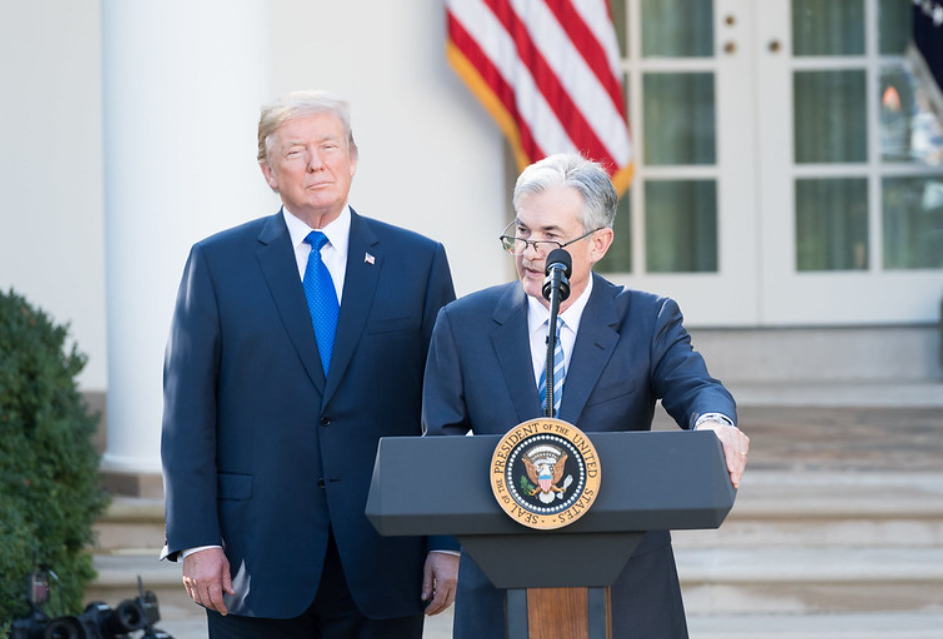- Two NCUA board members sued Trump after being fired midway through their terms without explanation.
- The lawsuit could reshape presidential power over independent agencies like the NCUA and the Fed.
- The Supreme Court may soon decide whether protections for agency leaders, like Fed Chair Powell, still hold.
Two Democratic board members of the National Credit Union Administration (NCUA) have filed a lawsuit against President Trump, challenging their sudden firings earlier this month.
Todd Harper and Tanya Otsuka were dismissed from the NCUA’s board without any formal explanation — a move that could set a major legal precedent on just how far presidential authority really stretches.
A New Test of Independence
The NCUA, which oversees more than 4,000 credit unions and safeguards nearly $2 trillion in deposits, is supposed to operate independently, much like the Federal Reserve or FDIC.
In their lawsuit, Harper and Otsuka argue that Trump’s decision to fire them mid-term — something no president has done in the agency’s nearly 50-year history — directly undermines that independence. They’re warning it could destabilize the whole financial regulatory system if left unchecked.
Their firings leave just one board member, Republican Kyle Hauptman, effectively paralyzing the agency’s ability to make key decisions.
Supreme Court Showdown Coming?
Trump’s habit of firing leaders at agencies with legal job protections — like the Federal Labor Relations Authority and the Federal Trade Commission — has already triggered multiple lawsuits. Now, the Supreme Court is getting pulled into the fray.
The court could soon weigh in on cases involving Trump’s removal of National Labor Relations Board and Merit Systems Protection Board members, a decision that could send shockwaves through Washington — and maybe even hit Federal Reserve Chair Jerome Powell’s job security.
Fed’s Fate Also on the Line?
Right now, Jerome Powell is quietly watching all of this unfold. If the Court sides with Trump, it could open the door for a president to fire Fed officials more easily — a move that would radically shift how independent the U.S. central bank really is.
There’s a chance, though, that the Court could carve out a special exemption for the Fed, leaning on its “special historical status.” Still, a lot of legal scholars aren’t buying that — arguing there’s no real principled reason to treat the Fed differently from other agencies.
A Tipping Point for Presidential Power?
At the heart of this legal mess is the landmark 1935 case Humphrey’s Executor v. United States, which limits a president’s ability to fire heads of independent agencies for just any reason.
Conservative voices have long argued that the decision was wrong and that Article II of the Constitution gives the president full control over executive agencies. But so far, the Supreme Court has stopped short of overturning Humphrey’s Executor entirely.

Now, with Trump challenging those protections head-on, the Court could either blow up decades of legal precedent… or draw a very fine line to protect key institutions like the Federal Reserve.
Either way, how this plays out will reshape the balance of power between the White House and the country’s independent regulators — and fast.

















